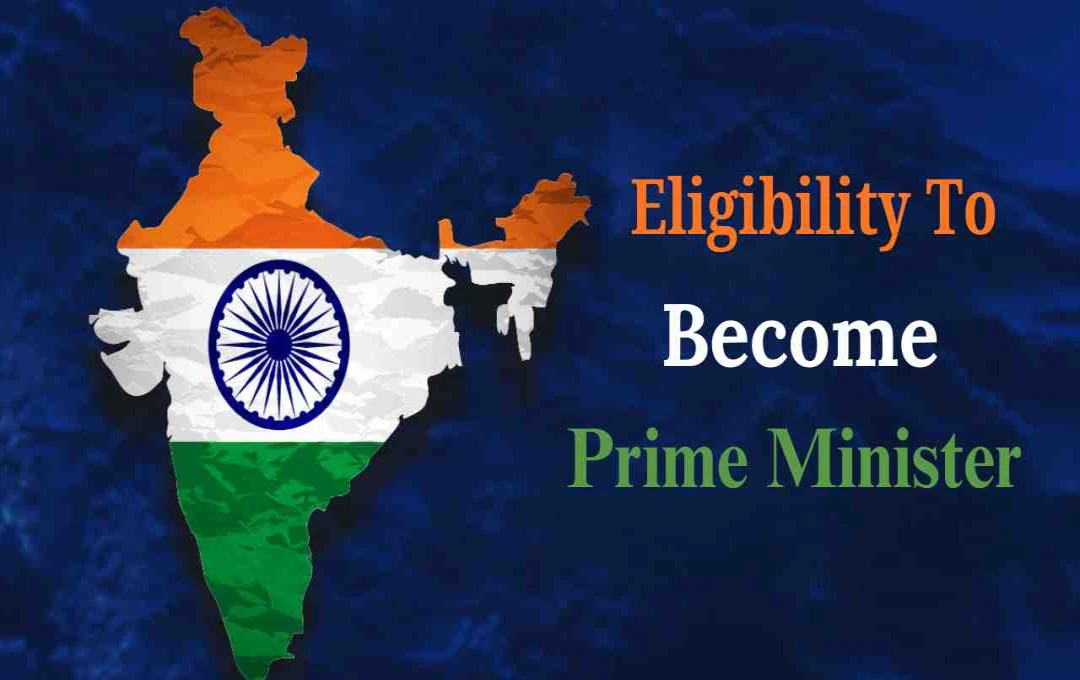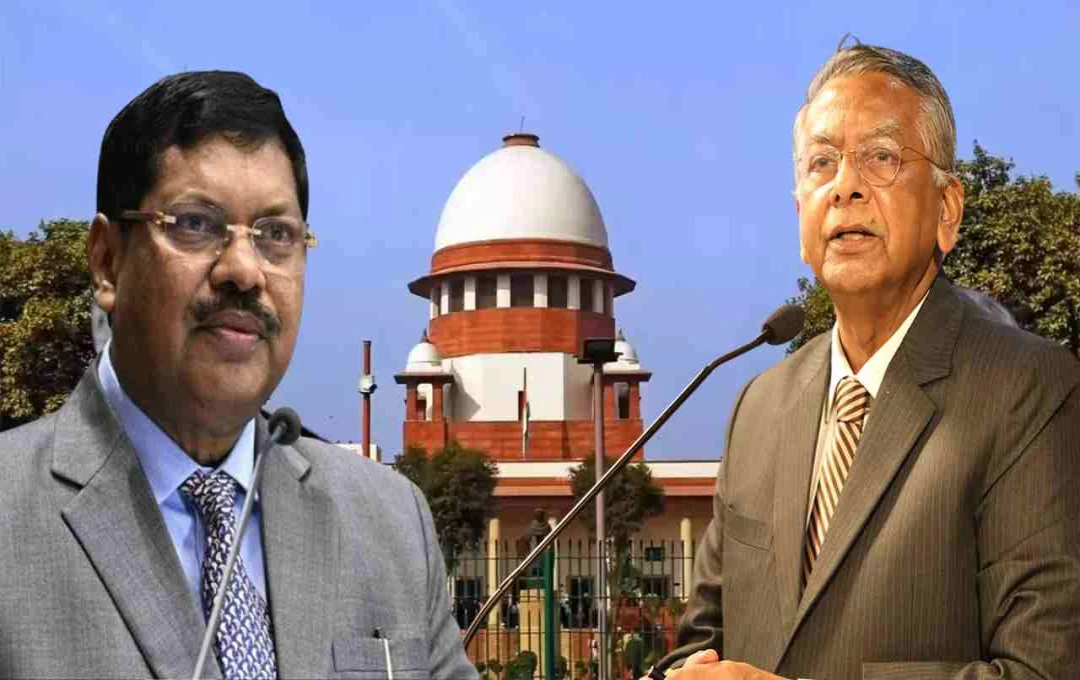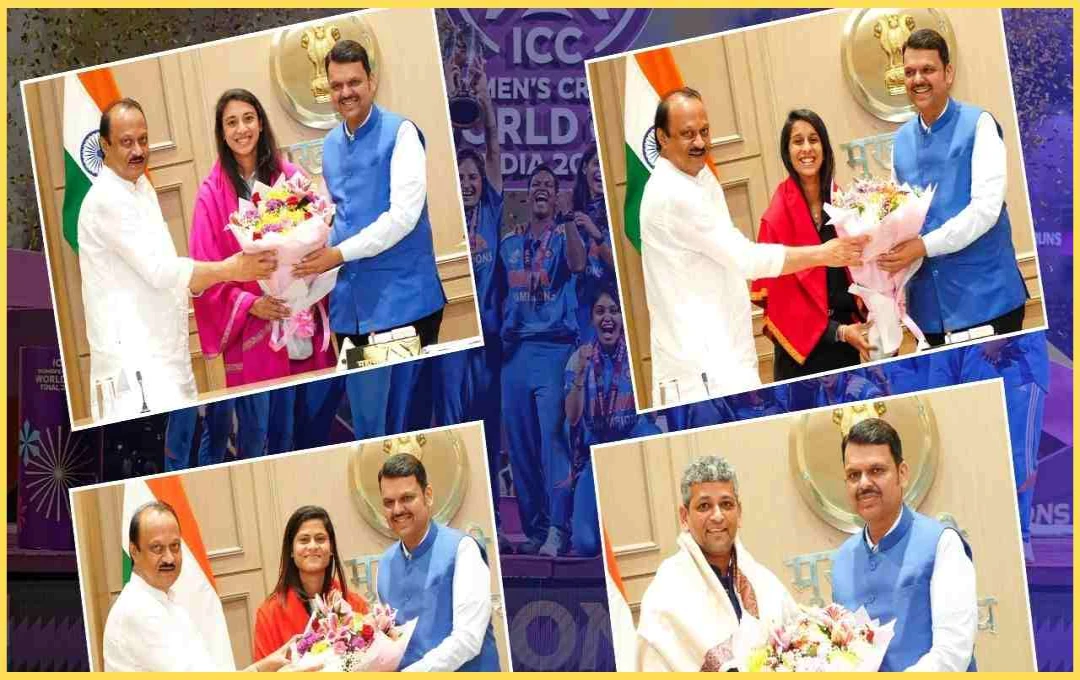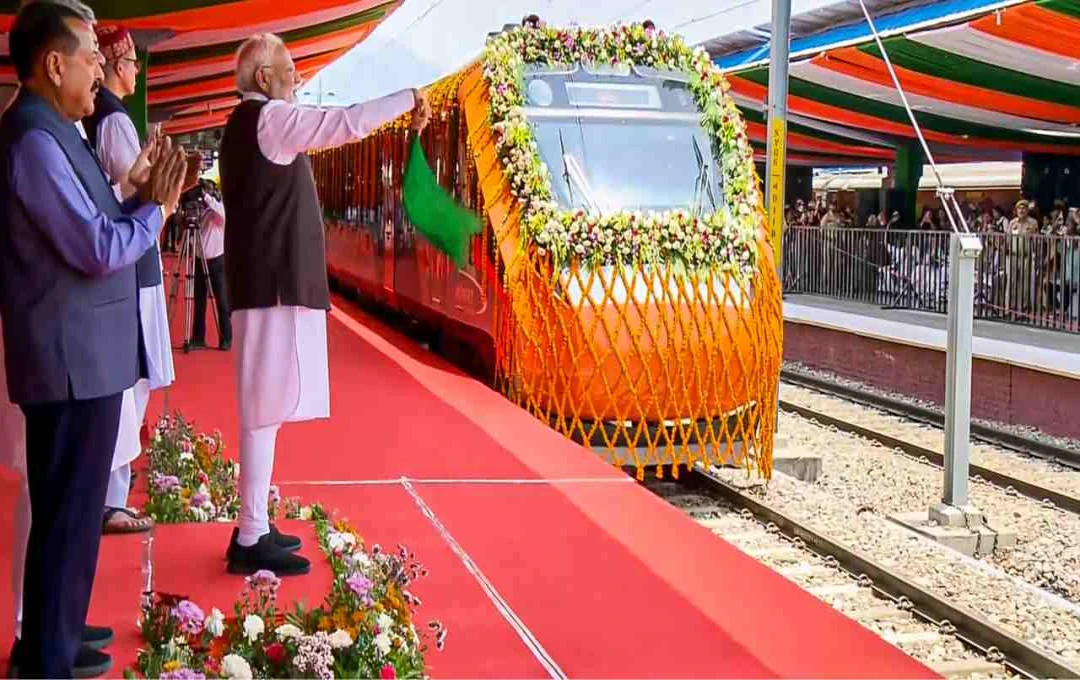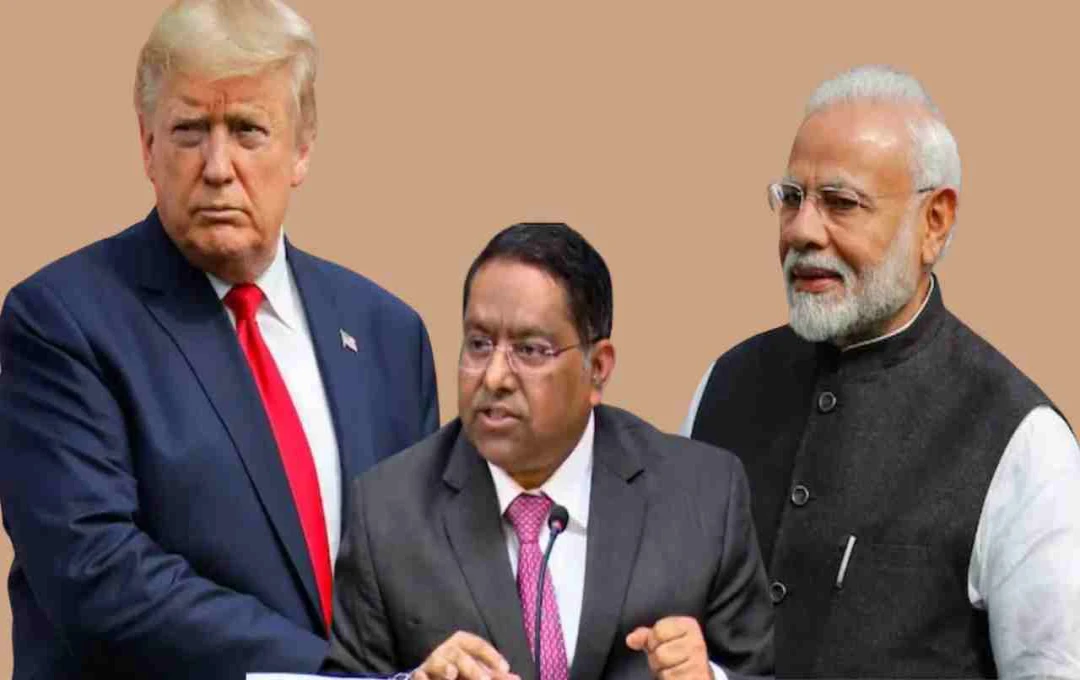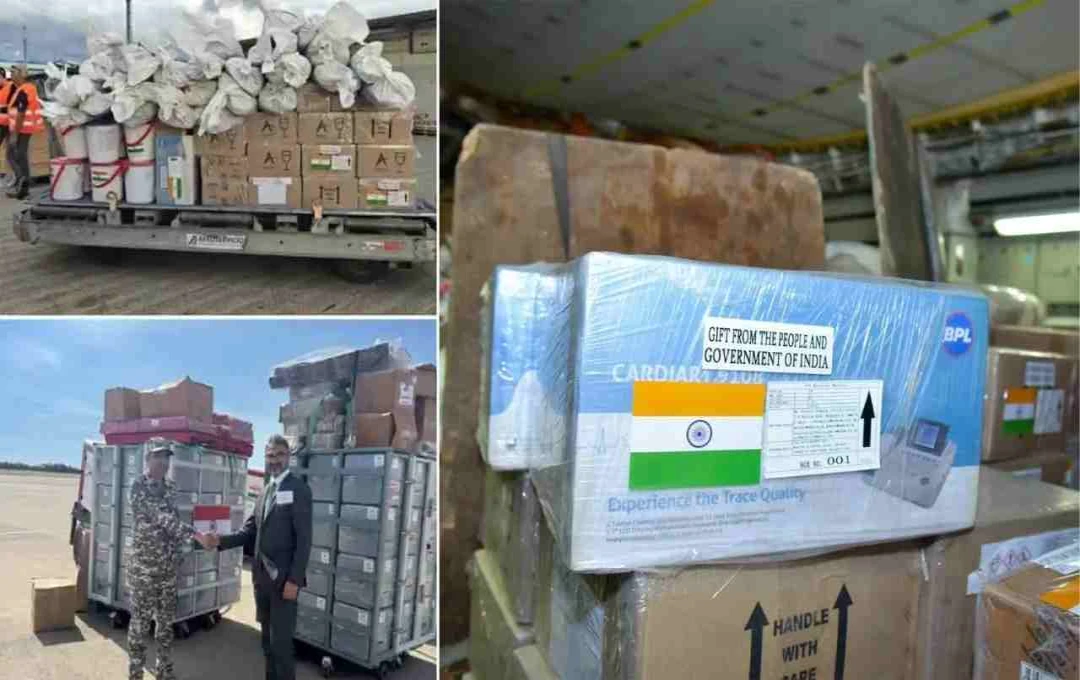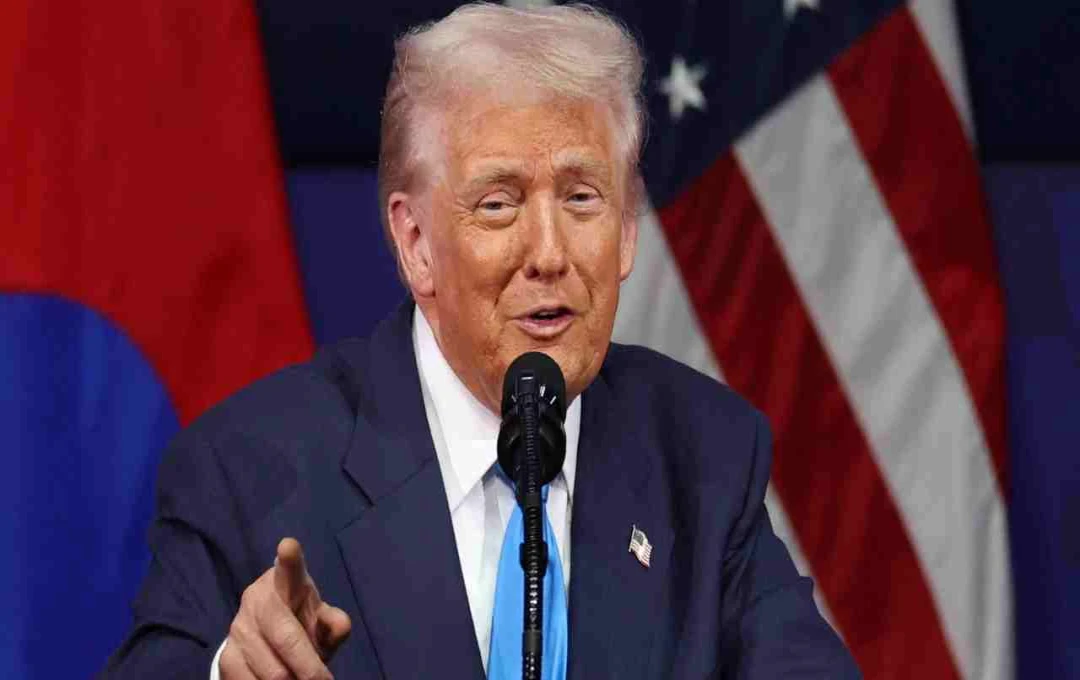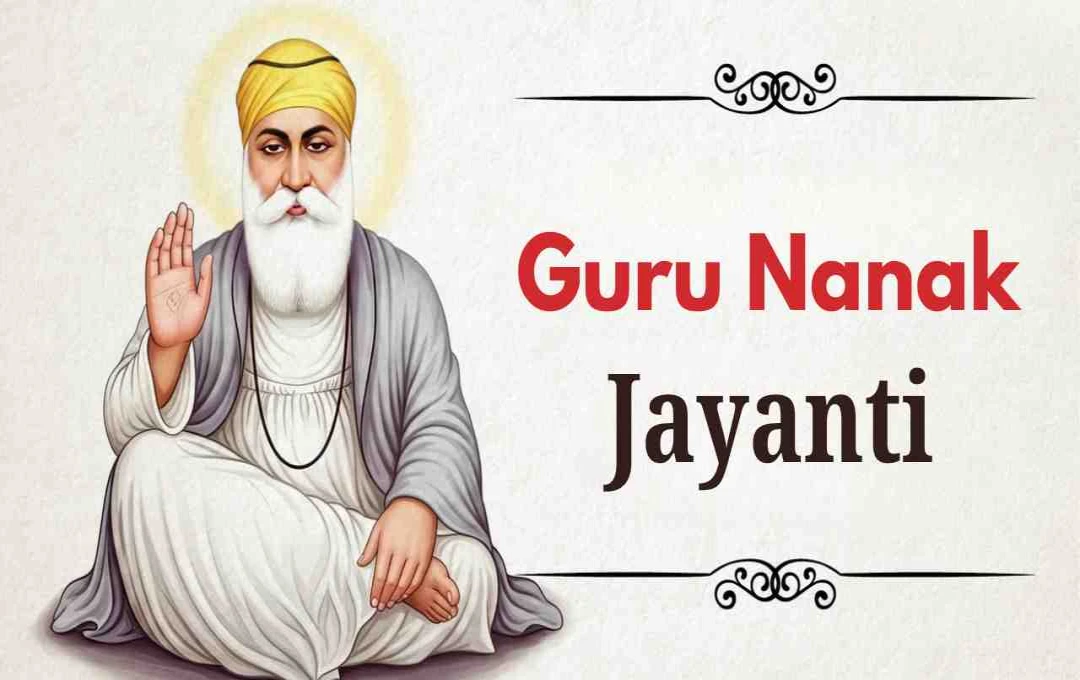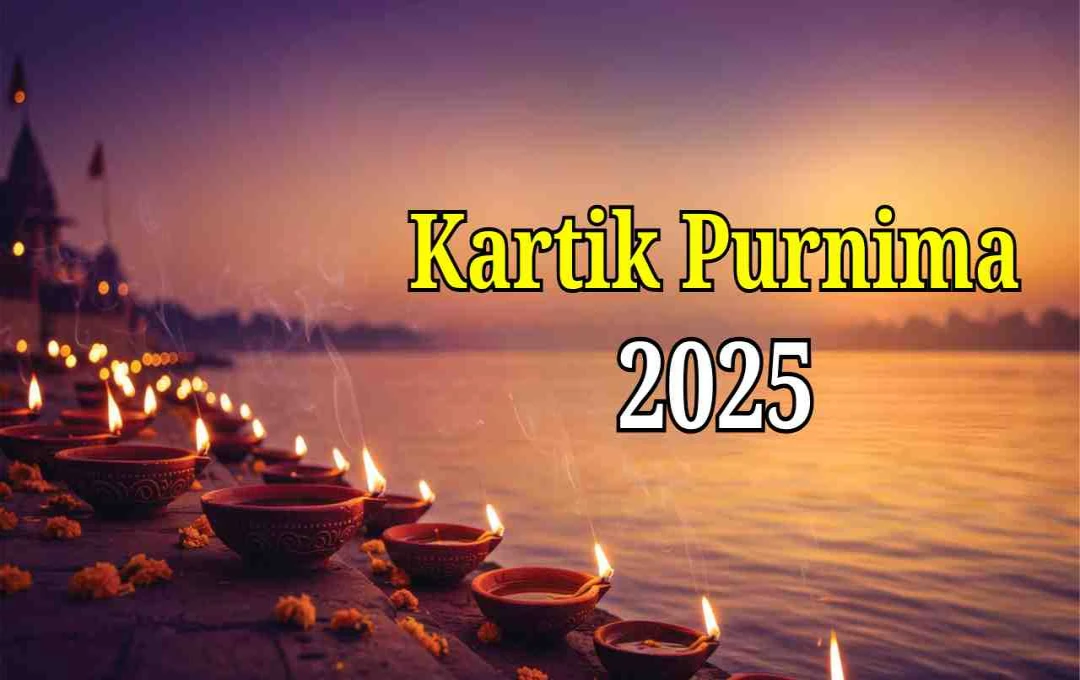In India, there is no mandatory requirement for a degree or specific educational qualification to become Prime Minister. The Indian Constitution only lays down some basic conditions, such as Indian citizenship, minimum age, and membership of Parliament. This position is attained through patriotism, leadership, and public trust, not through any formal education.
Eligibility To Become Prime Minister: To become Prime Minister in India, there is no need for a specific degree or course. As per the Indian Constitution, the candidate must be an Indian citizen, with a minimum age of 25 years for the Lok Sabha and 30 years for the Rajya Sabha. Additionally, they should not hold any office of profit under the government. The most crucial aspect to becoming Prime Minister is public trust and the support of the parliamentary majority, which reflects the true strength of democracy.
Who Can Become the Prime Minister of India?
As per the Indian Constitution, to become Prime Minister, an individual must be an Indian citizen. If they are a member of the Lok Sabha, their minimum age should be 25 years, and if a member of the Rajya Sabha, it should be 30 years.
Furthermore, the candidate should not hold any 'Office of Profit,' i.e., a government position for personal gain. It is essential for the Prime Minister to be a member of either the Lok Sabha or the Rajya Sabha. If a person is chosen as Prime Minister but is not a member of either house of Parliament, they must acquire membership of one of the houses within six months.
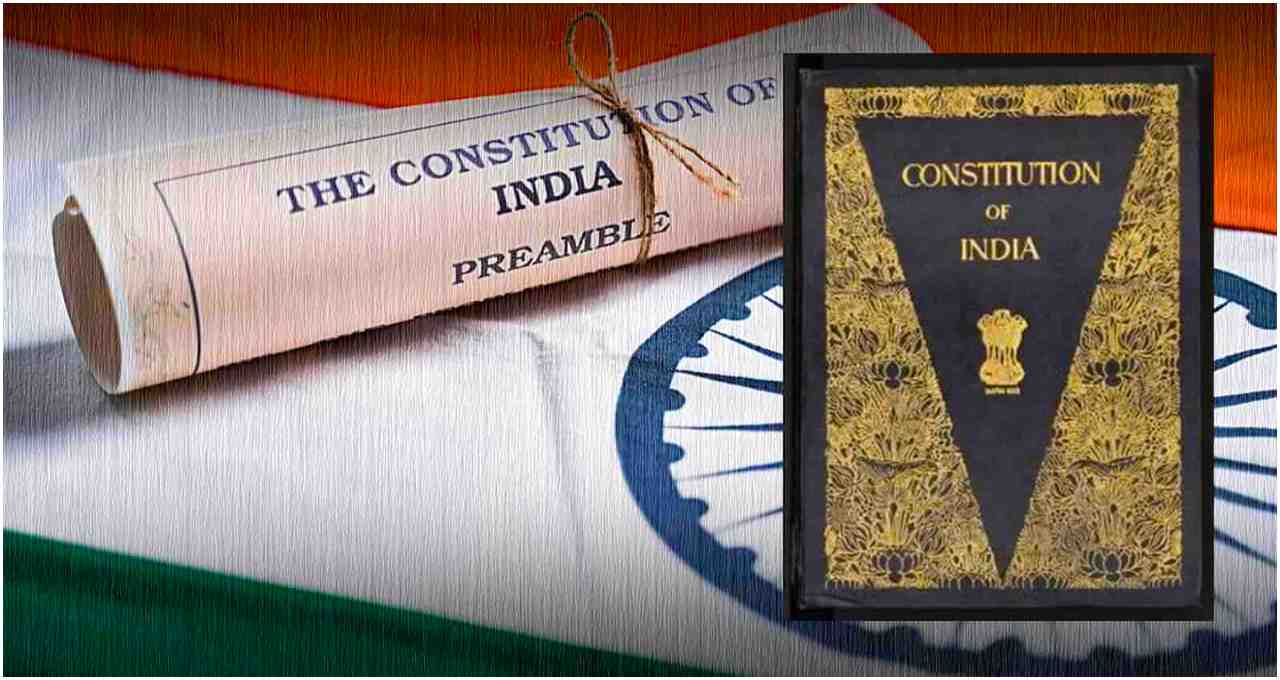
Prime Minister's Salary and Perks
The Prime Minister of India receives a salary of approximately ₹1.66 lakh per month. This amount includes daily allowance, constituency allowance, and several other benefits. Annually, the Prime Minister's total income reaches approximately ₹19.20 lakh.
Additionally, they receive the country's highest level of security from the SPG (Special Protection Group). Their official residence is located at 7, Lok Kalyan Marg in New Delhi. The Prime Minister has a special aircraft called Air India One, which they use for foreign travel. For travel within the country, they are accompanied by bulletproof vehicles and a convoy of security vehicles.
Constitution Provides Equal Opportunity
The Constitution of India grants equal opportunities to every citizen. There is no requirement for a high degree, specific course, or special qualification to become Prime Minister. This position is entirely based on a democratic process, where the public elects its representative, who can then go on to become Prime Minister.
Many Prime Ministers of the country have had diverse educational backgrounds, yet they have advanced the nation with their policies and leadership abilities. Therefore, true qualification is not a degree but rather honesty, foresight, and a spirit of service.
